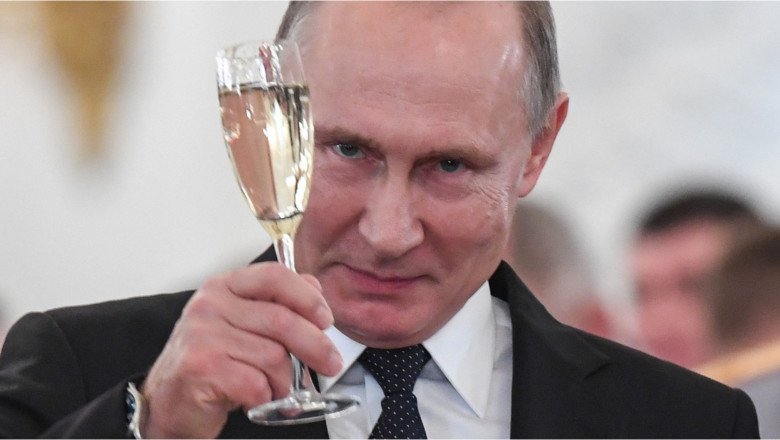The Kremlin is no longer just trying to prove it’s right. It’s trying to make people feel good about its version of reality. If the image seems warm, the soundtrack is soothing, and a cup of steaming milk coffee is slightly in the frame, even a tank in the background can go unnoticed. The war for people’s hearts and minds has begun.
In traditional warfare, success is measured in conquered territories and deployed troops. In information warfare, the goal is to win emotions. Grim figures and images do not move people, but uplifting stories, picturesque landscapes, and snippets of “everyday heroism” do.
So, while Russia continues to send people on “suicide attacks”, it spends millions on narratives about normality: cozy kitchens, friendly locals, and the charm of “traditional values”. Far from the front line, it creates a cinematic vision of a country unaffected by war.
Rentable Influencers
One of Moscow’s most effective tools is a new generation of “independent” influencers – vloggers who insist they “don’t deal with politics”. But behind the scenes, many of them are anything but independent.
A recent investigation by the Organized Crime and Corruption Reporting Project (OCCRP) and iStories found that a number of such YouTubers receive payments from RT (formerly Russia Today) A notable example is the Russian Road channel, which appears to have ties to RT producer Artiom Vorobei.
His videos feature moving stories about Americans, Japanese, and Brits who have “found paradise” in Russia, according to Warsaw’s public radio in an analysis. Of course, nothing is mentioned about sponsors – just long shots with food, folklore, “safe streets” and the promise of a simpler life.
From a public relations perspective, it’s a smart strategy. The content seems spontaneous and authentic. But, if we look closer, a clear pattern emerges: it’s about subtle propaganda, disguised as lifestyle stories.
Read more HERE

